News
WildCRU goes climate positive
WildCRU, founded in 1986 by David Macdonald, was the first university-based conservation research unit. Today, it becomes the first to go 100% climate positive using Lion Carbon offsets. This is a marvellous union of WildCRU’s mission to save biodiversity, through its research on lions and other species, and its determination to save on carbon, through an ambitious decarbonisation programme at its headquarters. Now we have committed to going beyond carbon neutral, by offsetting double our carbon emissions through Lion Carbon each year.
Whilst the climate crisis is receiving increasing global attention, the even larger crisis of biodiversity loss receives much less. We chose Lion Carbon for our carbon offsetting because it addresses both of these priorities – by conserving large biodiverse landscapes, which provide enough carbon storage while also respecting and safeguarding the rights of local people to use and benefit from their land.
Lion Carbon is an innovative premium carbon offset that simultaneously addresses climate change, landscape-level biodiversity conservation and local empowerment. It has been developed by BioCarbon Partners (BCP), one of Africa’s leading forest carbon offset developers, in partnership with Lion Landscapes. Furthermore, through a UK Darwin Initiative grant held by WildCRU’s David Macdonald and Alayne Cotterill, we are actually monitoring the biodiversity gains, delivered in Zambia, through Lion Carbon. BCP generates sustainable income for local communities, linked to the conservation of their forests and wildlife, through the REDD+ (Reducing Emissions from Deforestation and Degradation) mechanism. Simultaneously, local and regional capacity to sustainably manage wildlife and forests is increased through better land management, anti-poaching, and biodiversity monitoring. BCP works in partnership with the Zambian Government and local communities to conserve forests under 30-year forest management agreements, using the highest Verified Carbon Standards. BCP projects were the first in Africa to achieve ‘gold’ level validation against all three categories of the Climate, Community and Biodiversity (CCB) Standards.
Lion Landscapes is a grassroots lion conservation organisation working in Zambia, Kenya and Tanzania led by WildCRU Research Fellows, Dr Alayne Cotterill and Dr Amy Dickman. In addition to helping develop Lion Carbon, Lion Landscapes became the first conservation organisation to go climate positive using the model premium carbon offset and we are proud to follow in their paw prints.
We are offsetting double the operational energy consumption at our headquarters at Tubney – WildCRU’s Estate is comprised of four buildings, Tubney House (our main offices), Panthera Buildings (our teaching facility), the Pond Room (mini museum) and the Cottage (accommodation). Our emissions are currently calculated at 66 tonnes per year based on actual oil and electricity consumption, the majority of which is for space heating. It does not include carbon emissions associated with our transport or consumption of office materials on site, however these aspects are also in review. This is further supported by our recently developed skills in online communications which will reduce the necessity for overseas travel and subsequently lessen our air travel emissions.
Oxford University is setting a target to achieve net zero carbon and biodiversity net gain by 2035. Key elements include reducing carbon emissions from energy consumption, identifying and addressing biodiversity impacts from its operations and supply chain, as well as enhancing biodiversity on the University’s estate. WildCRU is addressing these two key priorities by reducing carbon emissions through our ambitious decarbonisation project and by enhancing biodiversity on WildCRU’s Estate through the WildCRU Wilding.
Dr Dawn Burnham, WildCRU’s Unit Manager, has been working closely with the University Estate’s Environmental Sustainability team since 2016. In January 2017, with students from the Oxford Climate Society, Dawn’s team won Oxford’s Carbon Innovation Programme award for their work on scoping green energy solutions for Tubney House. That original scoping project has been greatly developed into the current decarbonisation plan, with the first stage being the installation of air source heat pumps in the Panthera buildings in the next few months – in time to benefit the next 8 WildCRU diploma students who will be studying there from countries spanning Togo, Colombia and Papau New Guinea.
Professor David Macdonald, WildCRU’s founding Director says, “WildCRU likes to do something new, ahead of the curve, every year, but this is a bonanza hat-trick of innovation, combining our research on flagship lions, with our Darwin project assessing the biodiversity benefits of REDD+ and the sustainability benefits of Lion Carbon offsetting”. He added, “With our colleagues at Lion Landscapes becoming the first conservation NGO to become climate positive, we are thrilled to become the first conservation research unit to become climate positive – and there’s more to come: safeguarding the WildCRU Wilding at our HQ will deliver a huge carbon bonus alongside a major biodiversity gain to Oxfordshire”.
Dawn Burnham said “In the future we hope to offset our unavoidable international flights and also other field projects beyond Lion Landscapes. At the same time we will assess the carbon stored in our WildCRU Wilding on the Tubney Estate, as well as the plans already in motion to reduce our consumption on site through our ambitious decarbonisation project in collaboration with the University’s environmental sustainability team”.
For further information please see:
lionlandscapes.org
biocarbonpartners.com
-
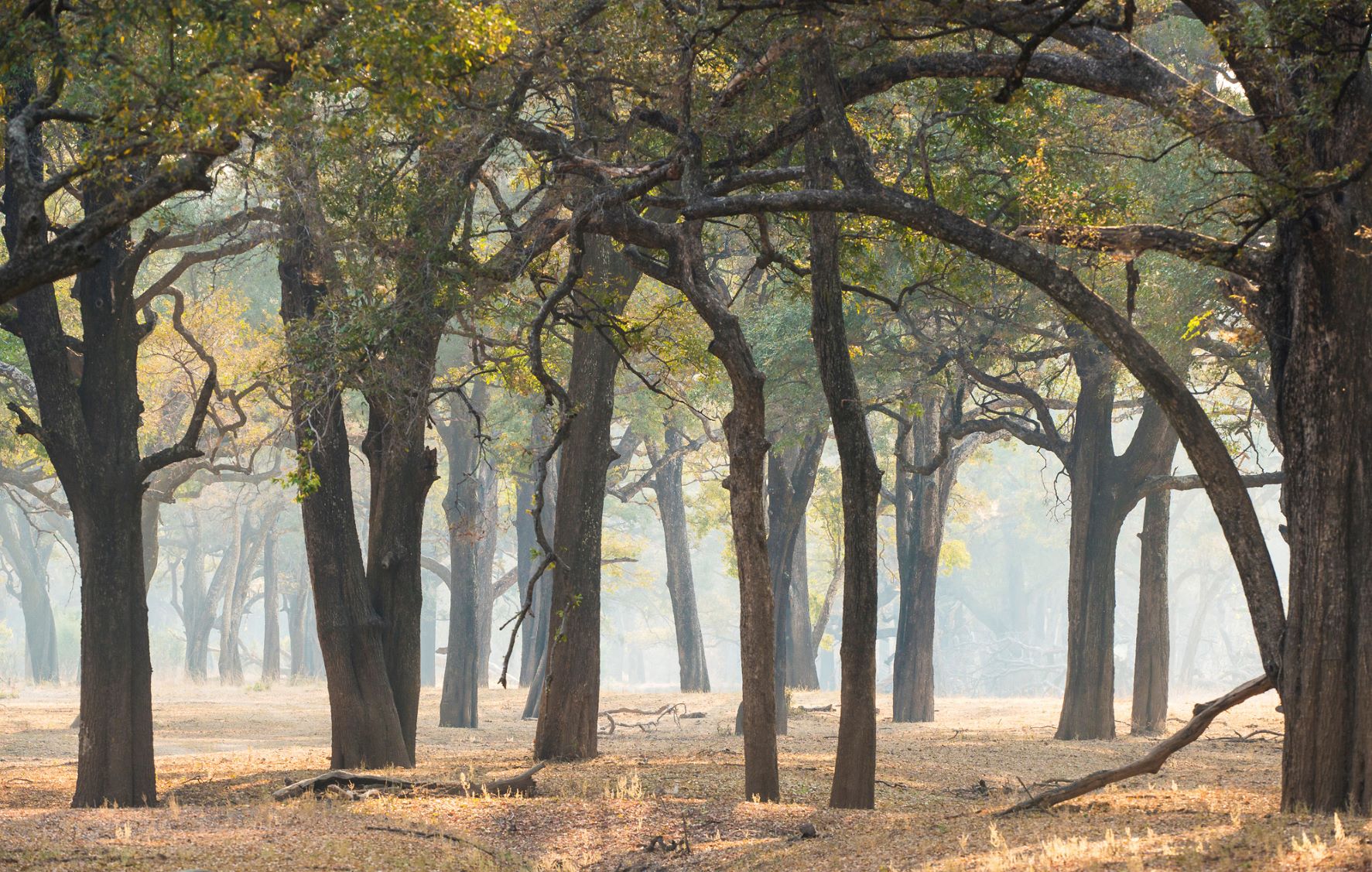 © Ed Selfe
© Ed Selfe -
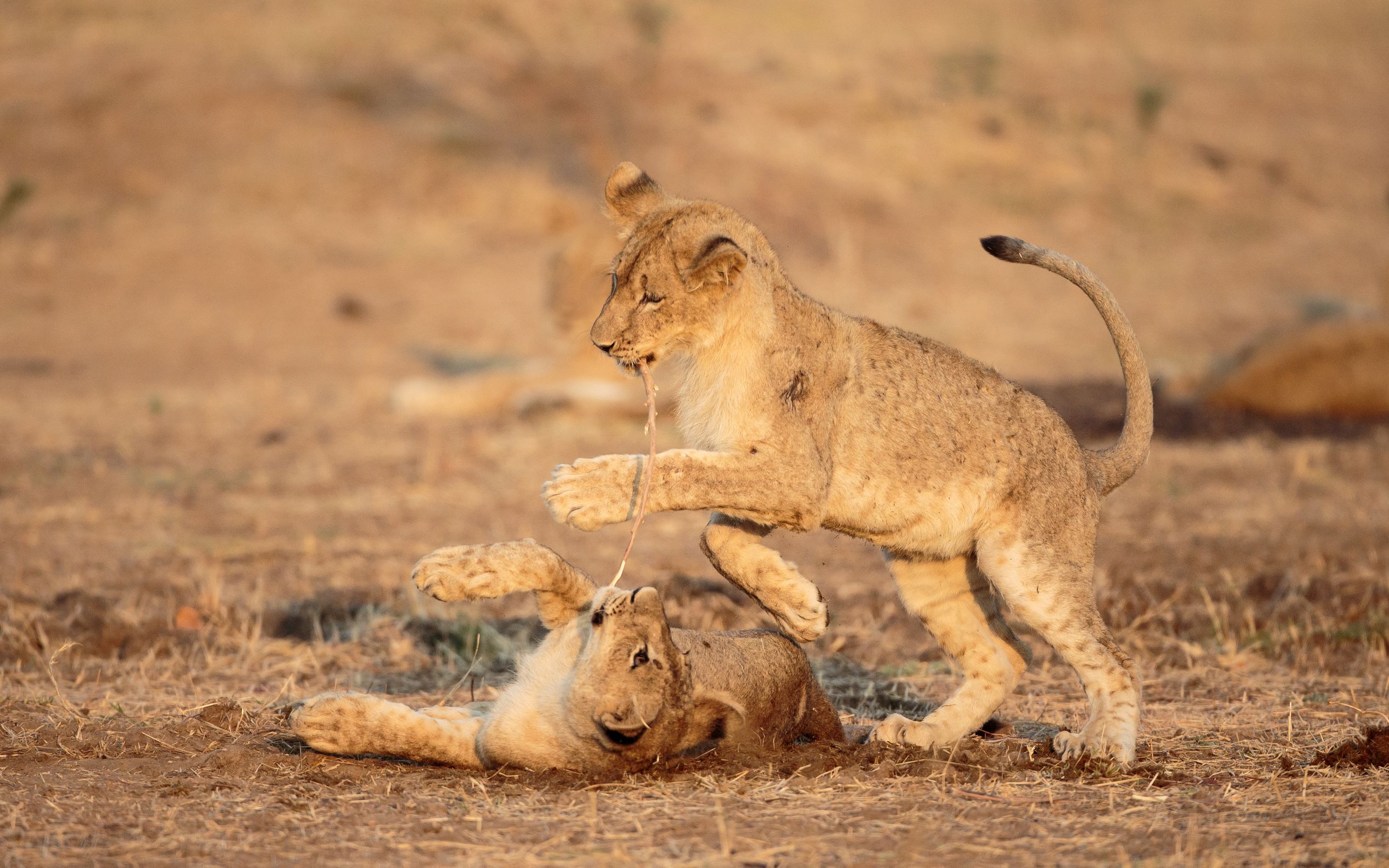 © Ed Selfe
© Ed Selfe -
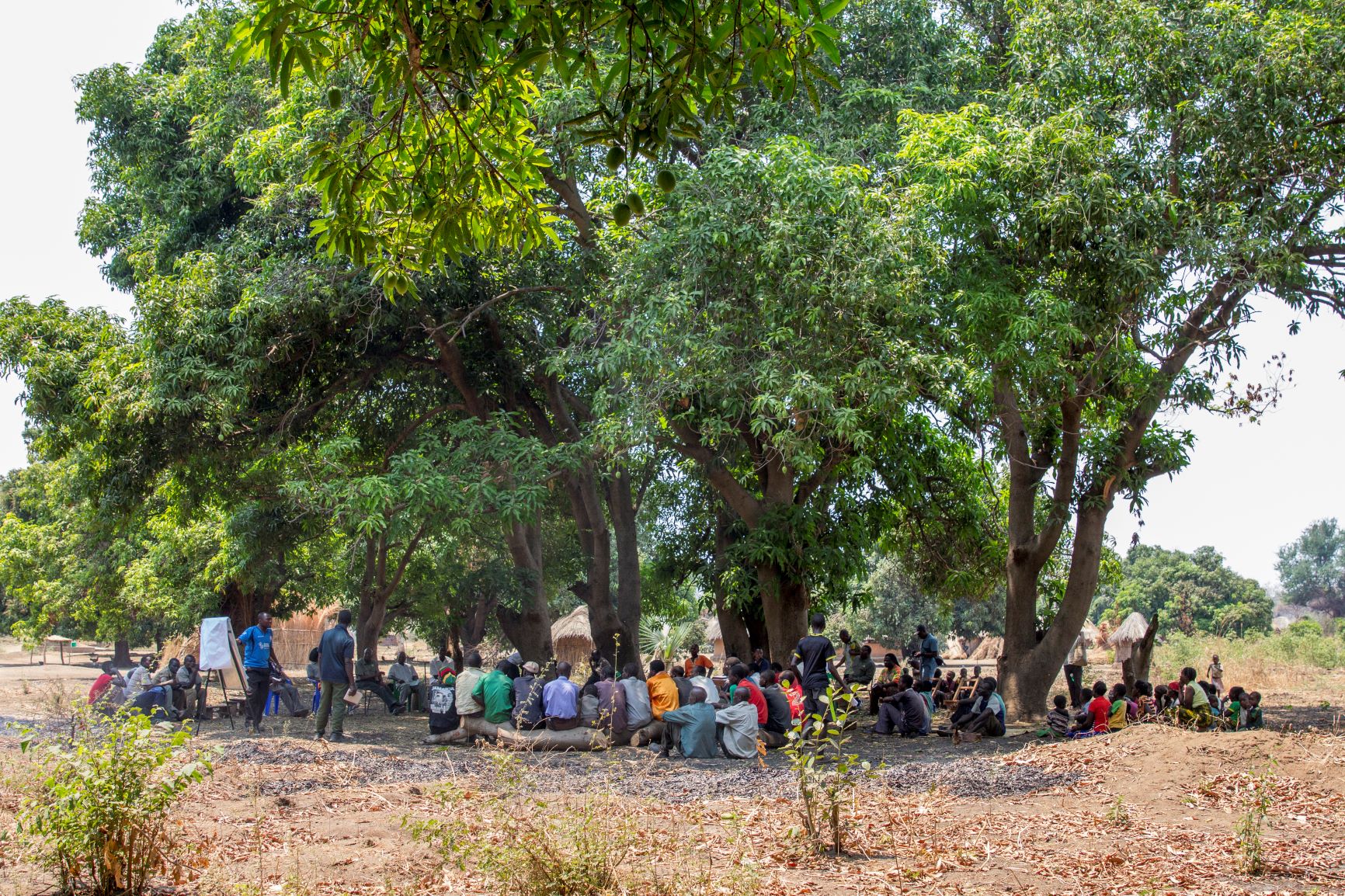 © BioCarbon Partners
© BioCarbon Partners -
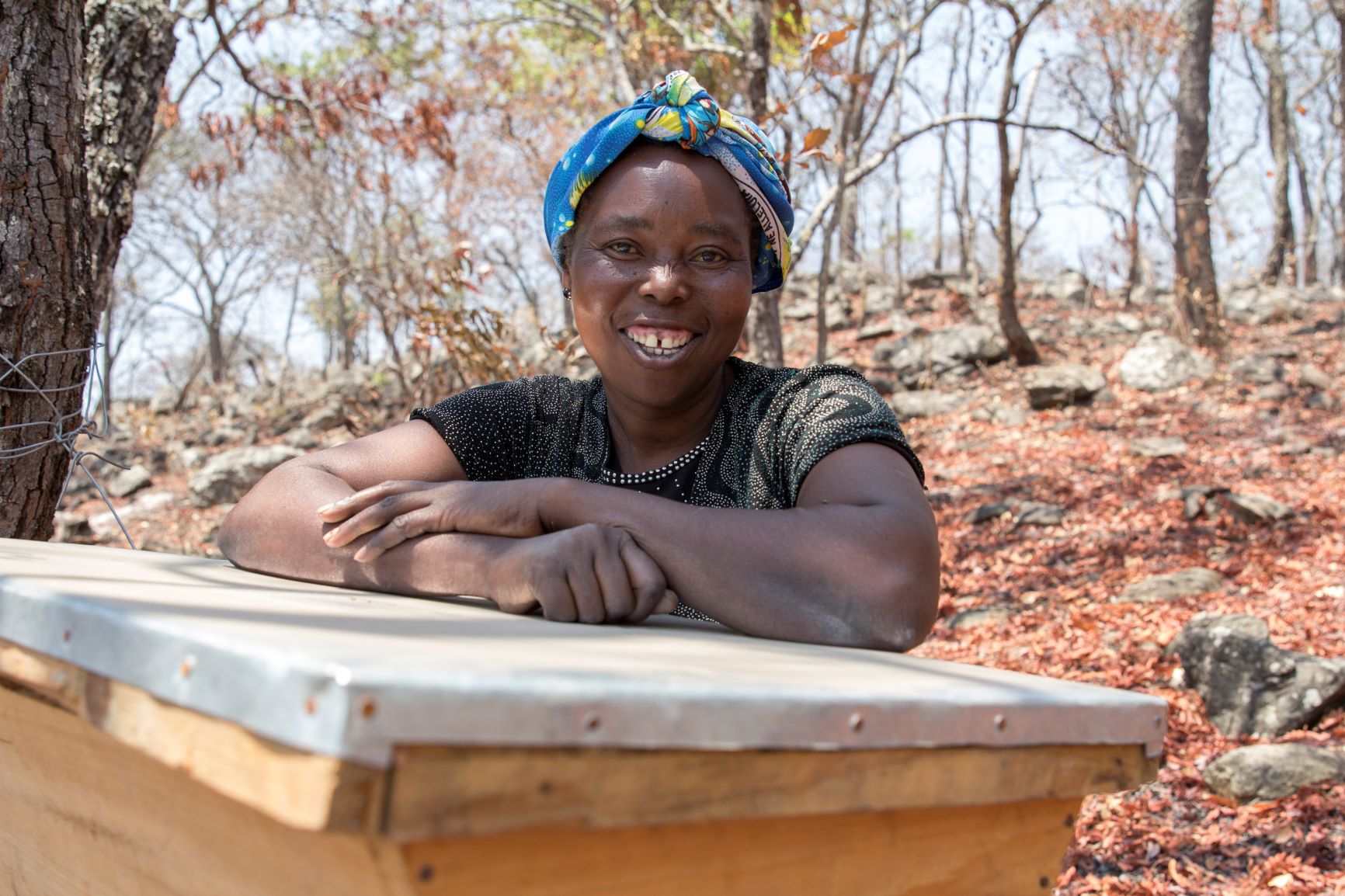 © BioCarbon Partners
© BioCarbon Partners -
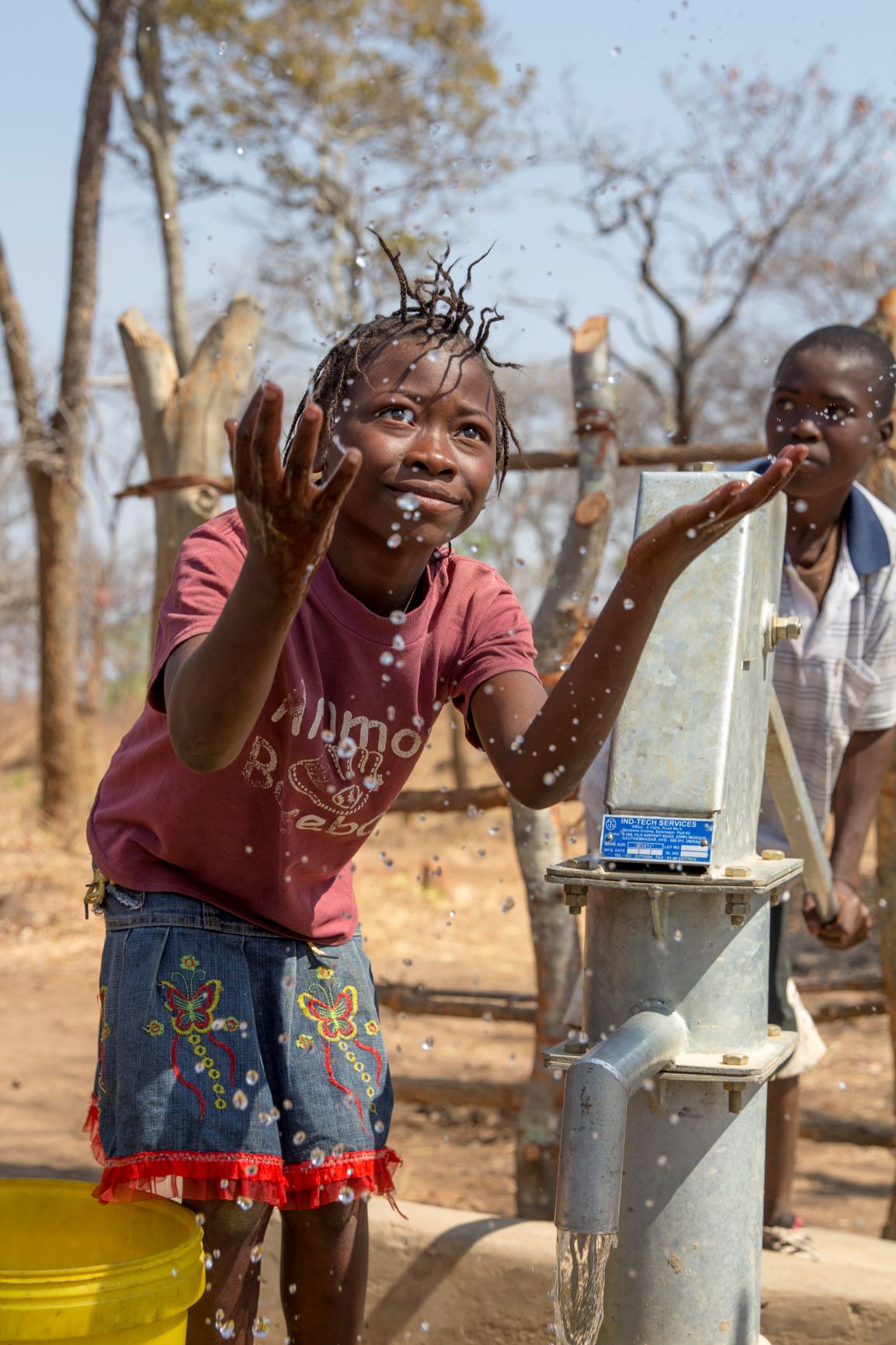 © BioCarbon Partners
© BioCarbon Partners -
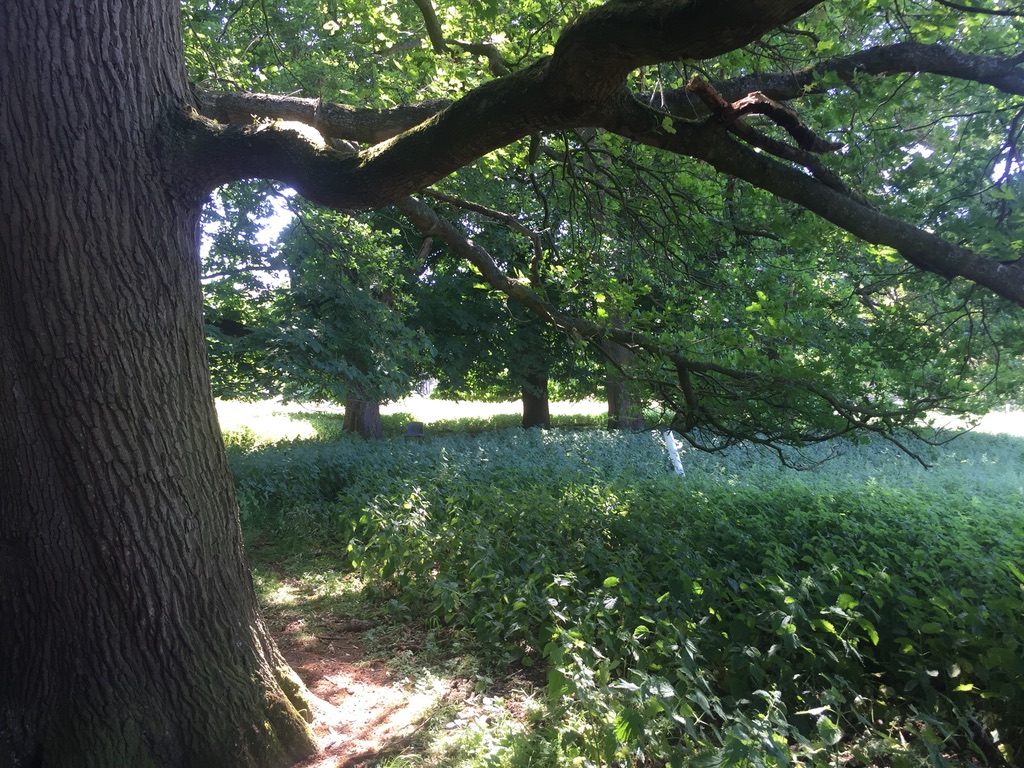 WildCRU Wilding
WildCRU Wilding





